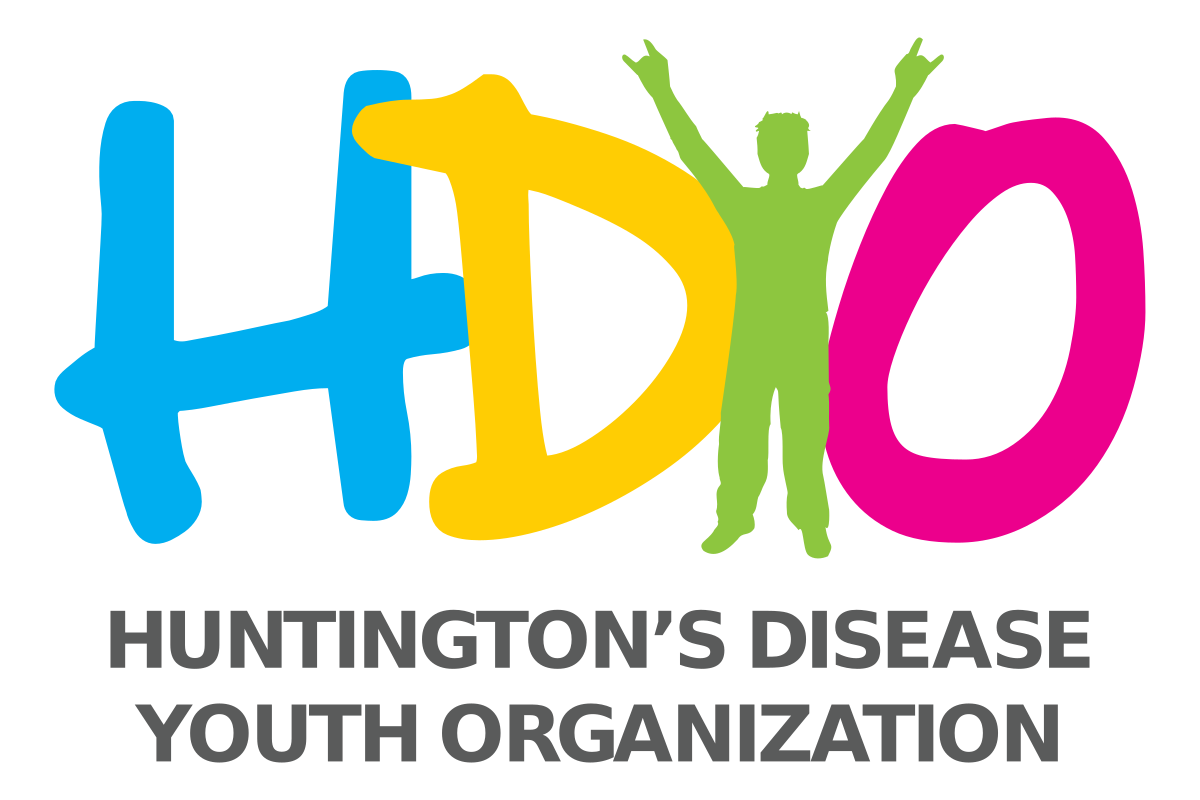The Taboo of Mental Illness
June 18, 2018

HDYO has more information about HD available for young people, parents and professionals on our site:
www.hdyo.org
Mental health is always a hard topic to tackle, not just with young people, but with humans in general. So often we are taught that we need to “toughen up” and that we should pretend that nothing is wrong even when we are struggling the most. Historically, we sent people with severe mental disorders away and shunned the rest of mainstream society. Decades of this behavior gave mental health a stigma and almost legitimized the claim that it was something that one could control and just “snap out of.”
Although things have changed quite a bit, mental health can be a hard thing to discuss. The National Association of Mental Illness (NAMI) estimates that 20% of young people and adults experience mental health issues at some point in their life. Although that number doesn’t seem huge, when you put it in the perspective of 1 in 5 people will experience mental health concerns in their life it seems a bit more common. I say all this to say that struggling with mental health issues – depression, anxiety, eating disorders, mood disorders, post-traumatic stress and many others – is quite common and something we should ALL be comfortable talking about. It is so easy to have something wrong physically and head to the doctor, but humans seem to be much more hesitant when they can’t name the issue or they know that something just “isn’t right.”
Since we can’t always put on finger on what’s wrong, it can seem easy to run to the doctor and get a pill to make us feel better. Sometimes that is needed, but often we skip over trying to identify Talking about the things that we are most afraid is probably the scariest thing one can do. Opening ourselves up and being honest about what we are thinking and feeling leads us to feel vulnerable. We are often taught that being vulnerable (many hear it as weak) is a bad thing, but opening ourselves up; being honest about what is going on and seeking someone that can help us mend whatever it is that is going on is the bravest thing we can do.
I encourage anyone reading this to reach out and ask for help if you are struggling and feeling alone. You are not alone and the more we can all face our fears and talk about mental health issues, the more common it will become and, hopefully, less terrifying. Use your voice, be brave, face what you fear because you deserve to live your best life.
Chandler
